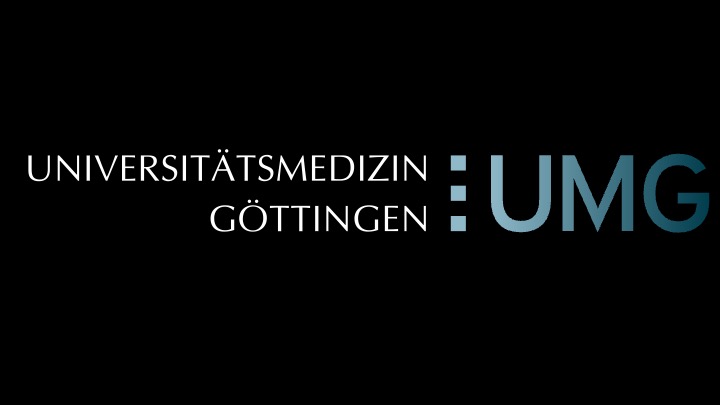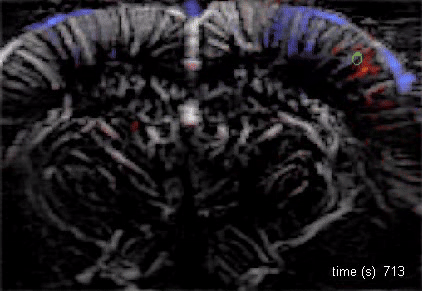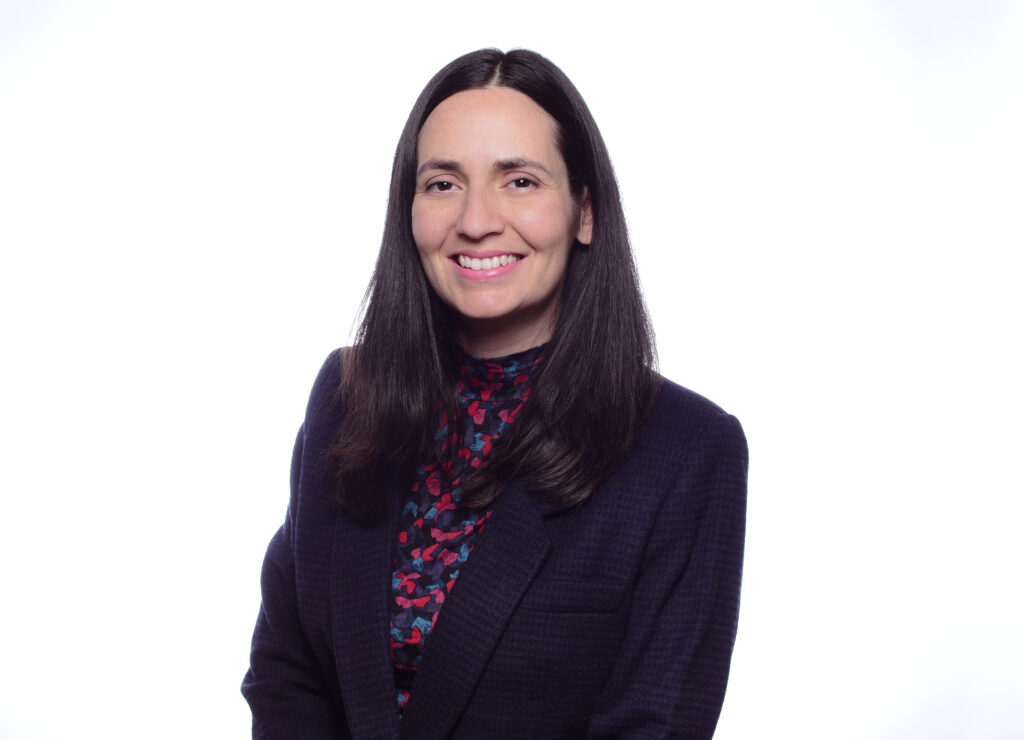
Group Leader
Prof. Dr. Emilie Macé
I am driven by the fundamental discoveries that come from seeing the whole brain in action. After a Master’s in Biomedical Imaging Sciences at Imperial College London and a PhD in Physics at ESPCI Paris, where I developed functional ultrasound imaging (fUS), I shifted to neuroscience and vision research in Paris (Vision Institute) and Basel (FMI). In 2019, I started the Brain-wide Networks Group at the Max Planck Institute for Biological Intelligence in Munich, and since 2023 I have been W3 Professor at the University Medical Center Göttingen and part of the MBExC Cluster of Excellence. Since 2024, I have also served as co-Spokesperson of the EKFZ Center for Optogenetic Therapies.
emilie.mace@med.uni-goettingen.de
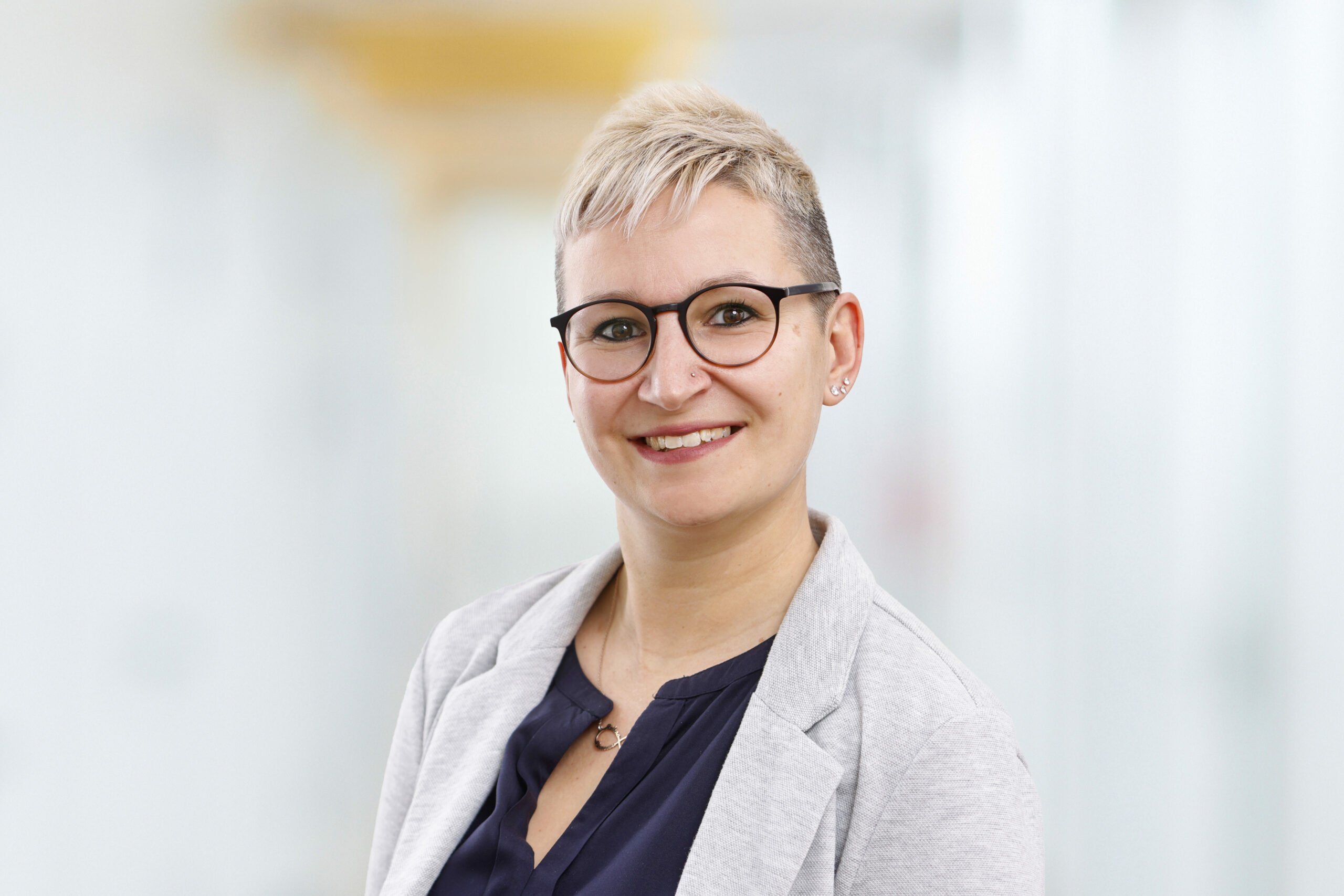
Team Assistant
Vanessa Klabunde
As a team assistant, I take on a variety of tasks ranging from coordinating appointments and meetings to managing documents. I support the research group leadership as well as the entire team in all organizational and administrative matters.
vanessa.klabunde@med.uni-goettingen.de

PhD Student
Johanna Luise Mayer
I studied Biology and Biomedical Neuroscience in Munich, where I spent nearly four years at the Max Planck Institute for BI, assisting research on valence-coding neurons in the basolateral amygdala. For my PhD, I am combining my background in the auditory and visual systems to investigate the sensory dimensions of the social brain in mice using functional ultrasound imaging.
johanna.mayer@med.uni-goettingen.de
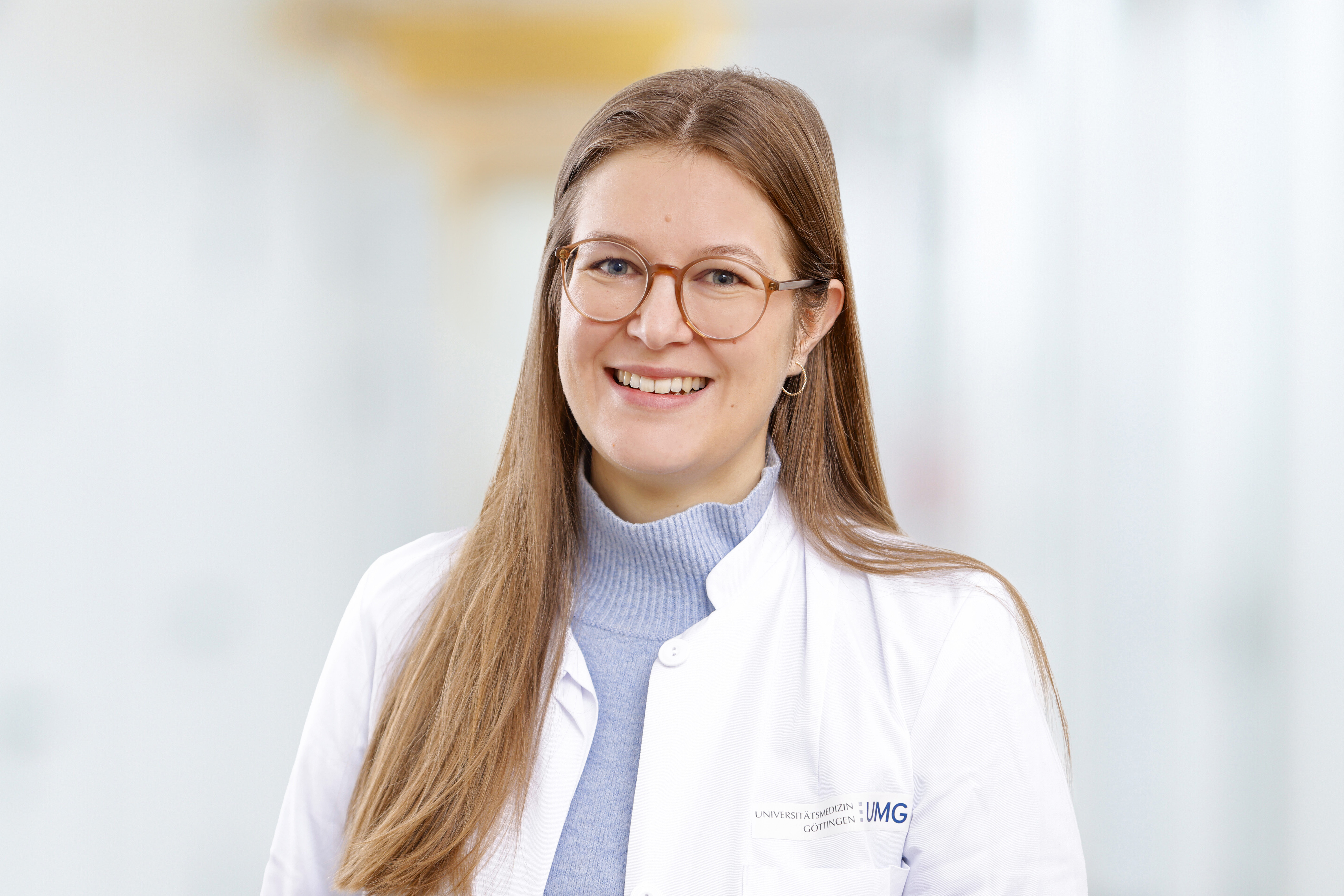
PhD Student
Paulina Wanken
I studied Biology at the University of Salzburg in Austria, where I worked in Thomas Weiger’s Neuroscience lab doing patch-clamp recordings. I then went on to do my Master’s in Human Biology at the University of Copenhagen in Denmark, joining Ole Kiehn’s lab to investigate neurons that control the direction of locomotion in mice. In 2020, I joined Emilie’s lab to pursue a PhD. Here, I currently use functional ultrasound imaging and optogenetics to identify brain regions that predict transitions in behavior.
paulina.wanken@med.uni-goettingen.de
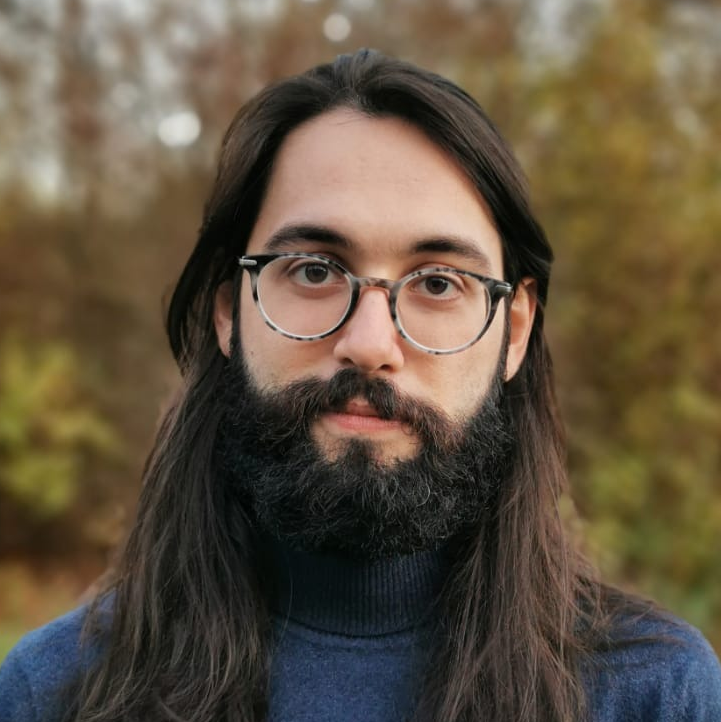
PhD Student
Jose Maria Martinez de Paz
I’m interested about how internal states affect brain activity. My research focuses on the brain-wide effects of arousal state transitions, for which I combine functional ultrasound imaging with behavioural tests and data analysis. Other interests of mine include neuromodulation, psychopathologies and social behaviour. Outside the lab, I enjoy cooking, reading and exploring.
josemaria.martinezdepaz@med.uni-goettingen.de
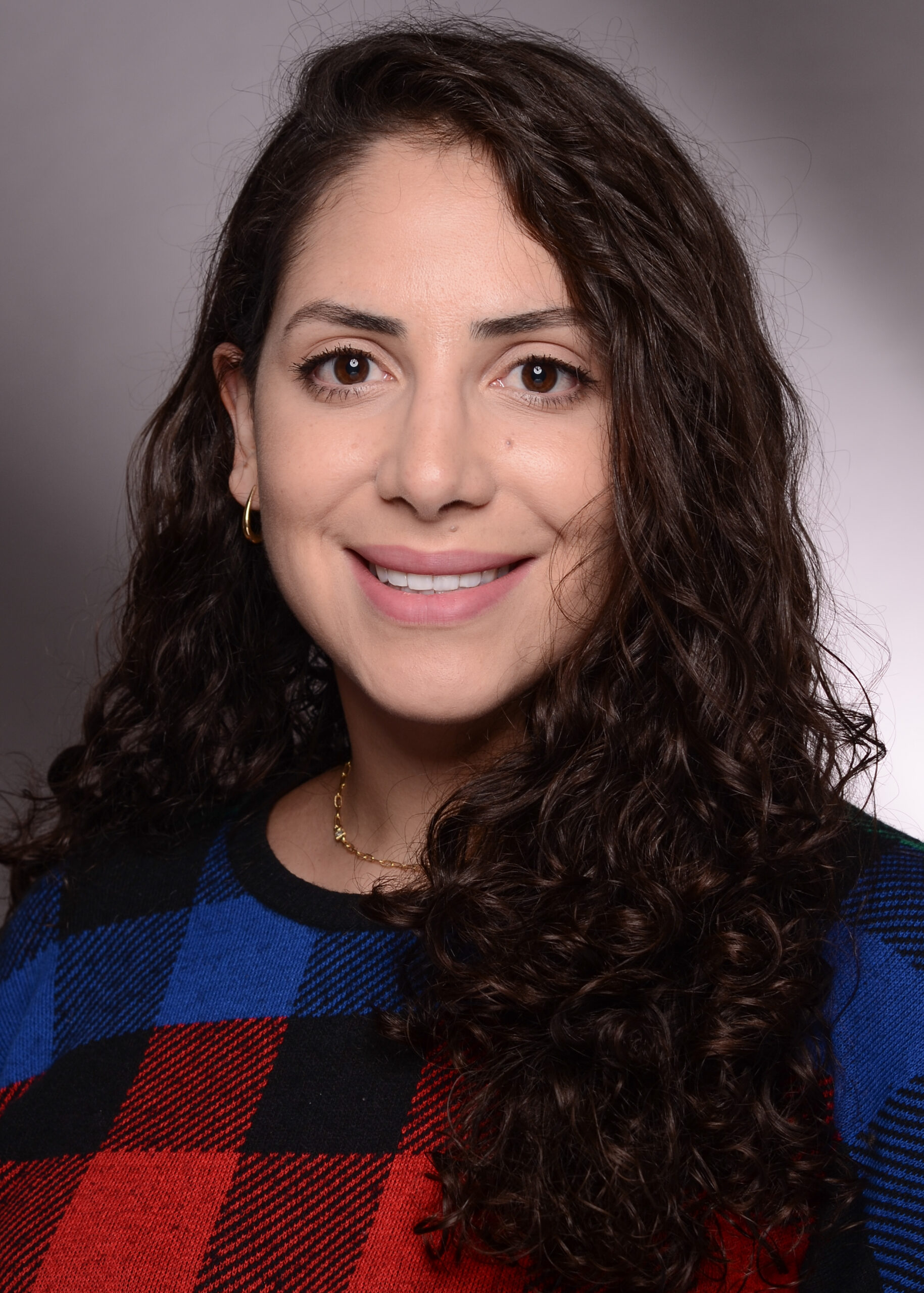
PhD Student
Selina Majaj
I study brain-wide networks involved in visual learning using functional ultrasound imaging (fUSI). By recording whole-brain activity, my aim is to identify and characterize the recruitment of specific brain regions forming functional networks that process visual associations and facilitate learning.
selina.majaj@med.uni-goettingen.de
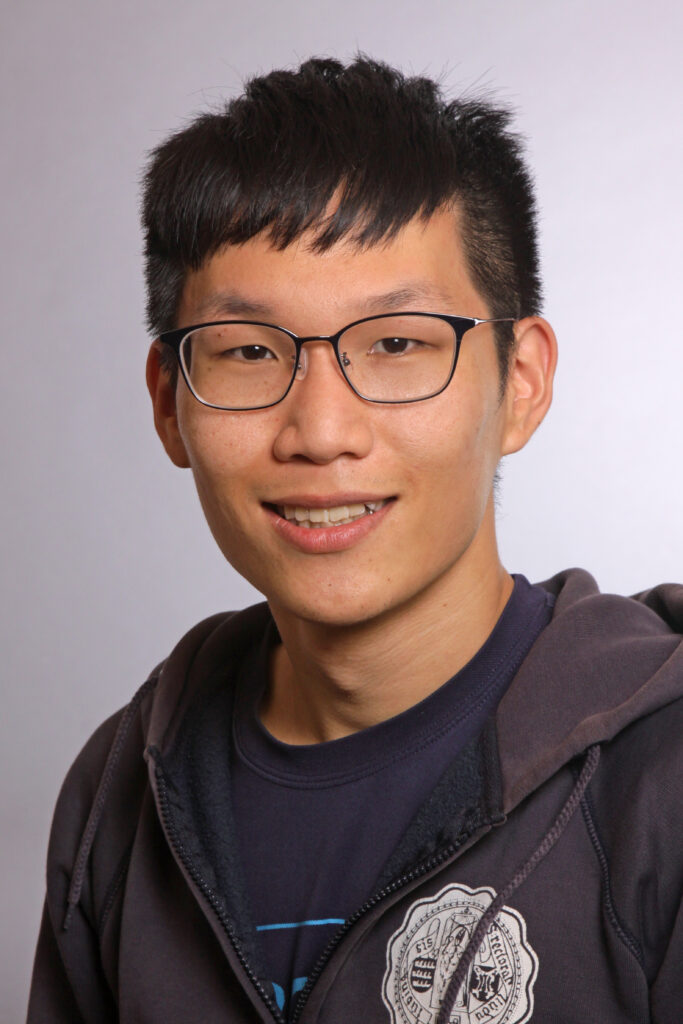
PhD Student
Tsun-Kai Chang
I completed my Master’s degree in Psychology at National Taiwan University. Following that, I joined the IMPRS Neuroscience Program, where I pursued a fast-track PhD. My research interests focus on arousal responses in disease models, as well as cognitive functions such as learning and memory. I aim to investigate these processes using functional ultrasound and optogenetics to study brain-wide circuits.
tsunkai.chang@stud.uni-goettingen.de

PhD Student
Shreshth Shekhar
I completed my Master’s in Biological Sciences at the Indian Institute of Science Education and Research (IISER), Thiruvananthapuram, followed by a Master’s in Neurosciences at IMPRS. For my PhD project, I am focusing on optogenetic vision restoration therapies and investigating the neural mechanisms that enable blind mice to regain vision, using functional ultrasound imaging and allied techniques.
shreshth.shekhar@med.uni-goettingen.de
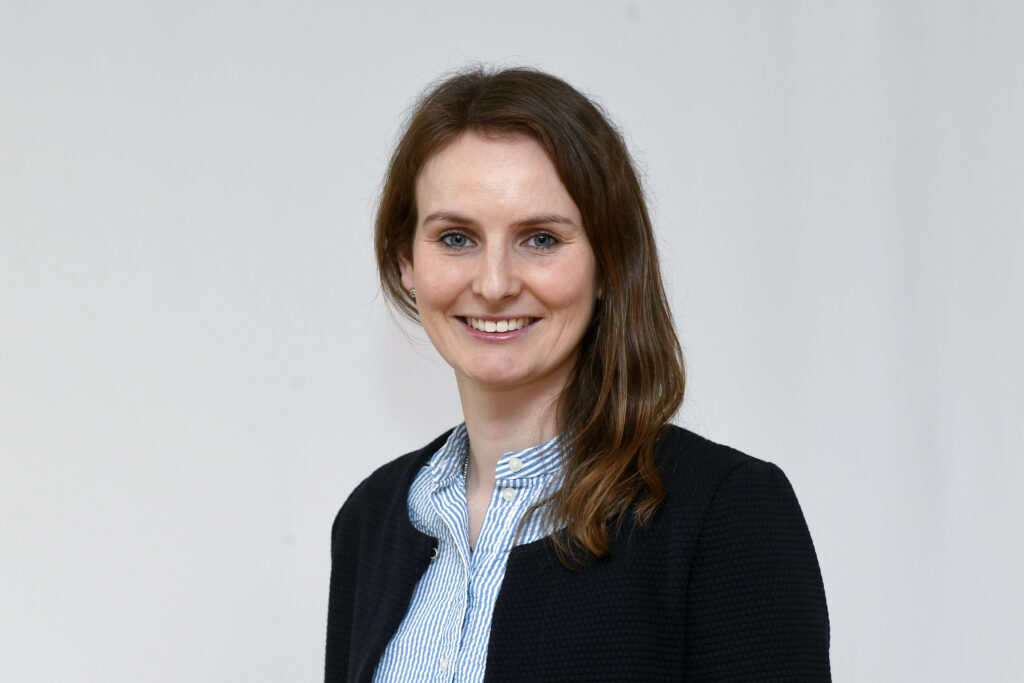
Clinical Scientist
Dr. Laura Wüstefeld
In the hospital, we observe that patients with heart failure have impaired mental capacity, and that neurologically ill patients often suffer from heart disease. It is known that heart and brain are closely connected. Therefore it is not surprising that heart failure can be associated with diseases of the brain. The mechanistic underpinnings of this however are less understood. Thus, our goal is to explore the connection between diseases of the heart and the brain.
laura.wuestefeld@med.uni-goettingen.de
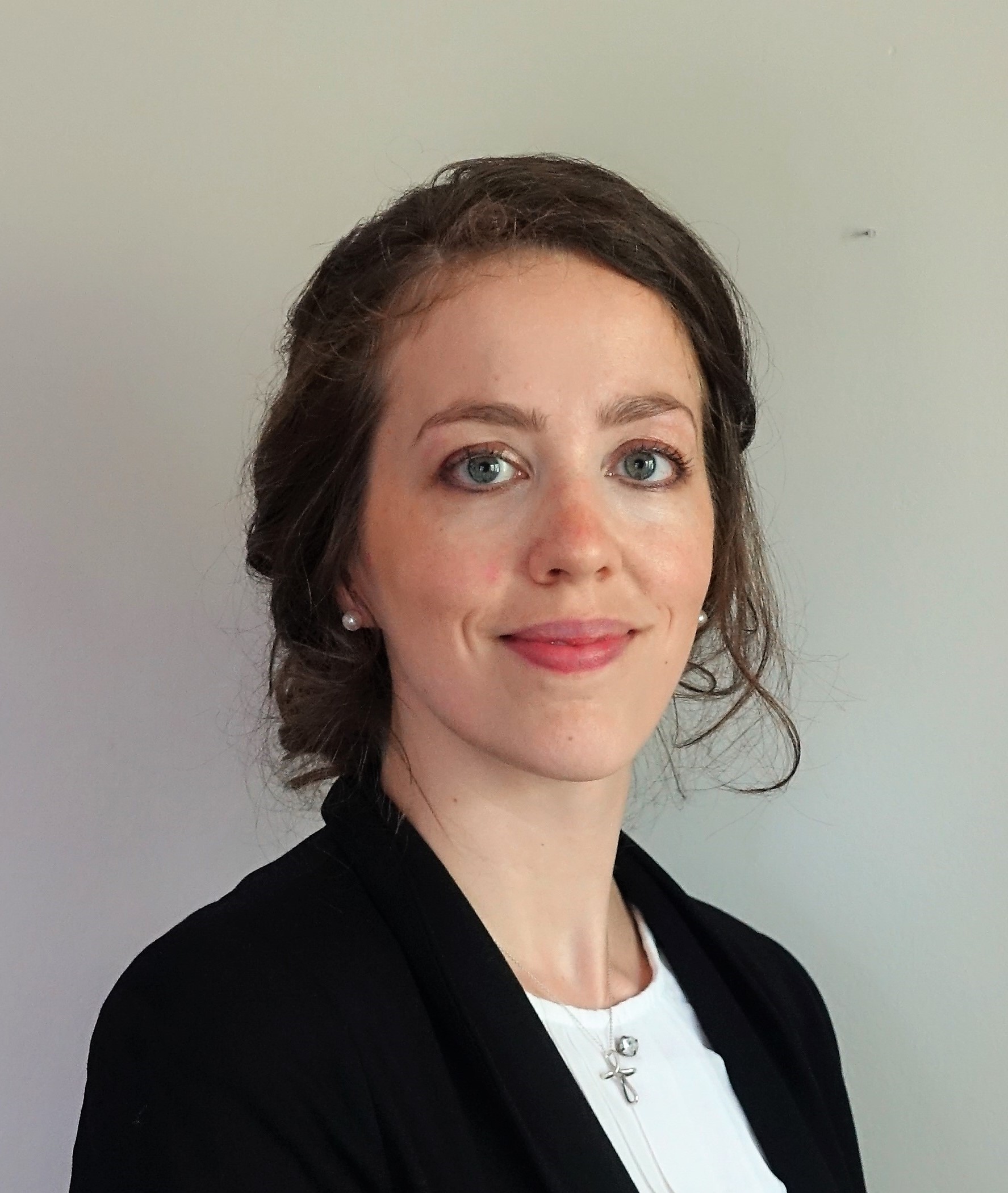
Clinical Scientist
Dr. Dorothea Laurence
Optogenetics offers a promising treatment approach for blindness caused by inherited retinal diseases. For a successful application, a deeper knowledge of retinal degenerative processes is essential. My research focus is on the analysis of retinal imaging in retina dystrophies, OCT biomarkers and the development of retinal imaging tools.
dorothea.laurence@med.uni-goettingen.de

Clinical Scientist
Steffen Witte
As the second most common neurodegenerative disease, Parkinson’s disease occupies me daily in my clinical work as a neurologist at the UMG. Both the treatment and understanding of the fundamentals of the disease are currently still very limited. Using functional ultrasound imaging, we are gaining more insights into the network connections in Parkinson’s disease and aim to develop a neurooptogenetic-based, minimally invasive therapy.
steffen.witte@med.uni-goettingen.de

Postdoctoral Researcher
Dr. Gianina Ungurean
In Progress.
gianina.ungurean@med.uni-goettingen.de
Alumni
Beatriz Apgaua (Master Student)
Dr. Dominique Siegenthaler (Postdoctoral Researcher)
Dr. Bradley Edelman (Postdoctoral Researcher)
Vladimir Budovkin (Research Asisstant)
Leafy Behera (Master Student)
Aliya Ablitip (Master Student)
Ayshan Aliyeva (Master Student)
